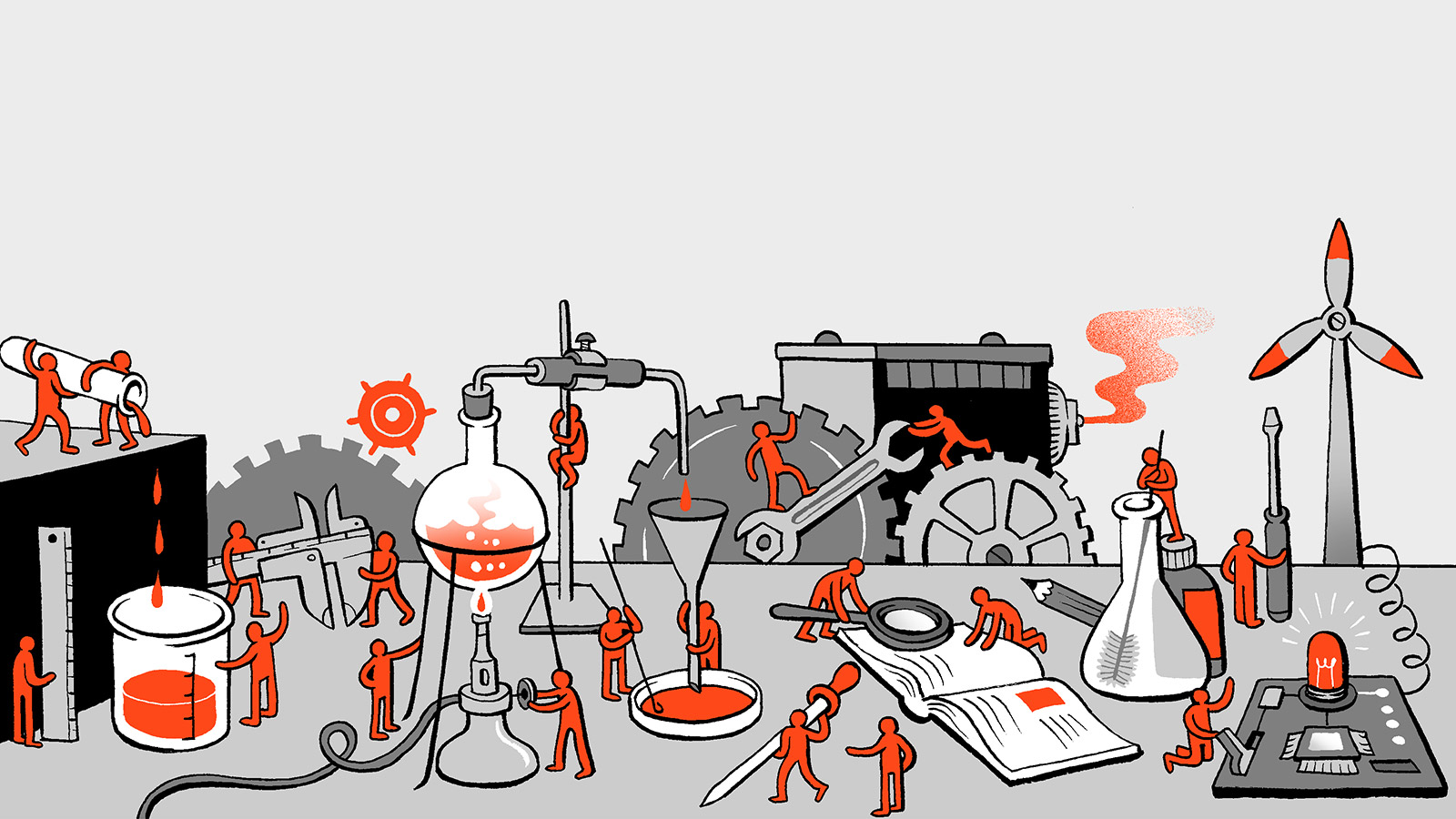Rising food prices affect the poor disproportionately because they must spend a larger portion of their income on food than do higher-income families. Rising food prices also hurt the poor in another way: poor families in the United States are much more likely than higher-income families to have an inadequate diet...
Tag - 1975
The nineteen sixties meant, for many people, the birth of an understanding of our society which went beyond the conventional political attitudes to the perception of a pervasive pattern of injustice, greed and exploitation. Attempts to effect change on the basis of a moral appeal failed, leaving many of the...
Two-thirds of the world's population is malnourished and many people are starving this year. It is commonly assumed that a country does not produce enough food only if it cannot. If it were possible, the food would obviously be raised. Three reasons are generally given for widespread hunger: (a) A country's farmers...
Many people feel that the solution to our food problems is to put the Del Montes in moth balls and bring back the Mom and Pop stores and family farms. We think the problem is much deeper. Because the Golden Rule in our economy is Seek Profits, new Del Montes would eventually spring up to replace the old. But we would...
The following listing is a compilation of the articles appearing in Science for the People Vol. V, no. 5 through Vol. VI no. 6. The articles have been categorized under the following headings: Critique of Establishment Science and Scientists
Approximately 60 people attended the second Northeast Regional Conference held November 16–17 in Voluntown, Connecticut at a farm run by the Community for Nonviolent Action. All chapters in the region were well represented, and representatives from Cincinnati were also in attendance. Planning for the conference was...
Science and scientists have been described as instruments of development. Indeed they are. But they can also be used as instruments of underdevelopment and of neocolonial exploitation. The problems of increasing the production of food in underdeveloped countries have been laid in the lap of Science and Technology. But...
This year I have been growing vegetables in my backyard, and when I can, baking my own bread. While a sense of back-to-the-earth may be a part of my motivations, my vegetable garden is also, in a way, my personal protest against capitalism. I have come to realize that foods are corporate products, not grown to feed...
From October 20-24, the American Public Health Association (APHA) held its 102nd annual meeting in New Orleans. The theme was a more progressive one than ever previously adopted as a convention topic: "The Health of Non-White and Poor Americans". The more than 8,500 participants represented a cross-section of American...
The AAAS was caught off guard. Science for the People activists demanded that the Association take stands against the Indochina war, the brutal murder of Black Panthers in Chicago, the discrimination in science against women and Third World peoples. Sessions which featured apologists for the U.S. government or the...


